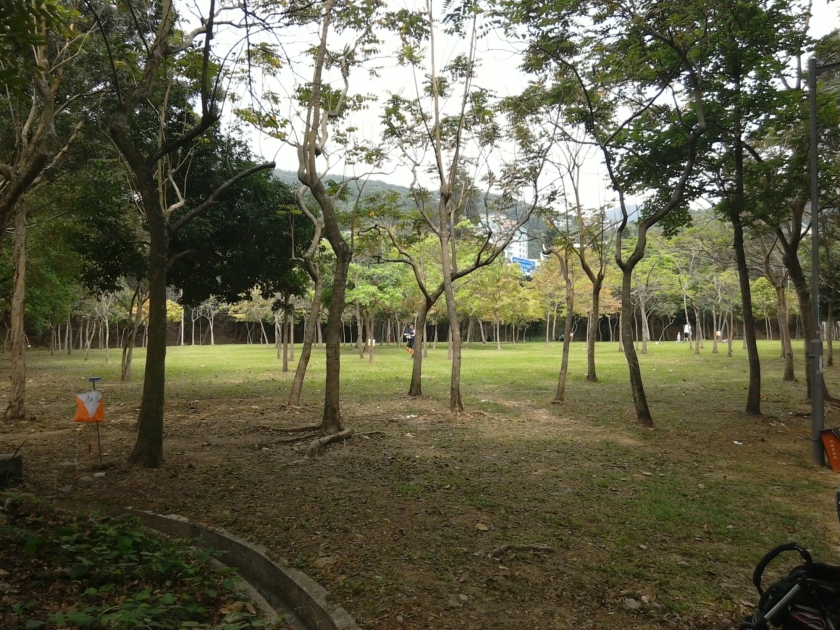The HKOC Open Sprint Event was finally over last Sunday, successfully held save for major delays resulting from a faulty control unit and the resulting surge in results workload. This was my first orienteering event as organizer and I must thank every official and competitor who helped keep the event running, among other people who made it possible, and I apologize for all the hiccups.
Course-wise, much more needs to be learnt (this is my first time setting ranking courses), especially on setting sprints, my favourite orienteering discipline. Another issue is the enforcement of ISSOM-passability – balancing fairness and performance and not have multiple angry disqualified competitors turning up in front of you is tremendously important on the success of a sprint event, especially when it’s part of the Hong Kong team selection. (It is – the selection result is due in May.)

These two years saw a near-complete change of me from musician-orienteer to orienteer-musician. This has tremendously affected my habits, life, goals and aspirations as my search in identity continues. With graduation imminent I have come to miss the music student’s way of life. The future, to me, is still a vast unknown – but to continue on a music career it’s always a sine qua non to learn continually from other people, other experiences and other cultures.
Composition is a tricky discipline in that it necessarily involves some subjective aesthetic judgement. Thus it’s always a good idea to keep trying and finding new opportunities. Networking is a big area to improve given my introvert character. (Don’t wait for opportunities; find actively.)
It is also worth reminding that changing the living/learning/working environment every while or so is an important part in lifelong learning. Getting stuck at a place for too long is seldom a good idea.
And of course, a self-composed piece to be performed by the Hong Kong Philharmonic is something I could hardly have dreamed of as a boy, which is however going to happen next Saturday! So do come and listen! (And meet Maestro Sheng)


